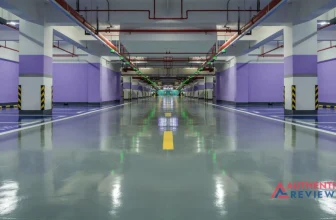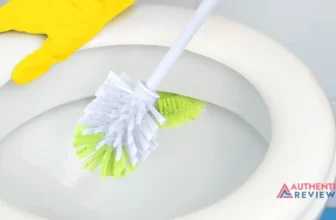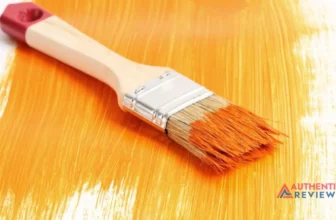How To Get Raccoon Out Of The Garage? – Detouring the Nighttime Bandits
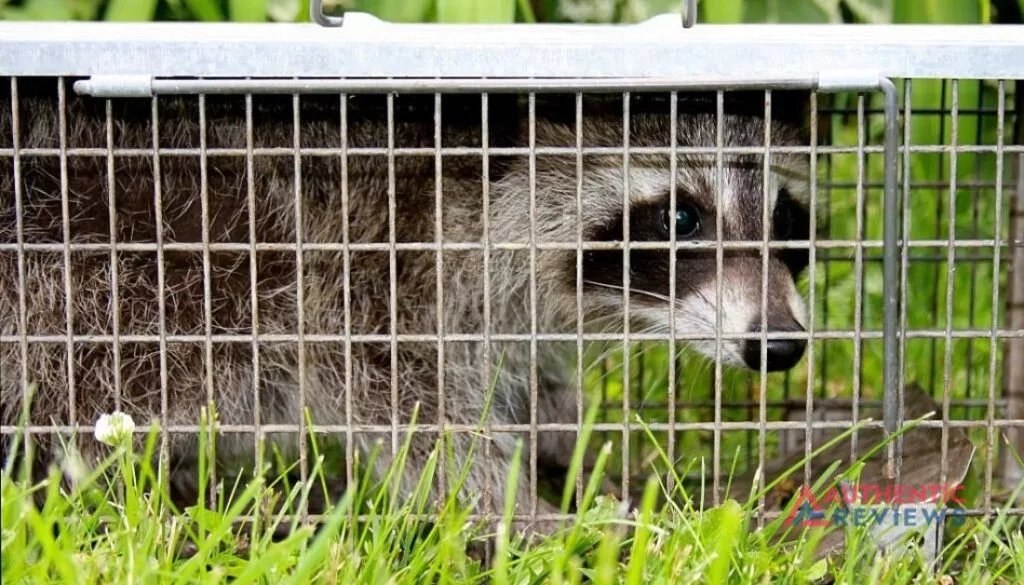
Have you ever been minding your own business when you look up and see something out of the corner of your eye in your garage? Raccoons can be tricky adversaries, and their clever ways can make them tricky to outwit. Not only do raccoons ruin your stuff, but they can also be a nuisance. Getting them out of there can be challenging, but don’t fret.
If you don’t know how to get rid of raccoons out of the garage, then your first course of action should be to step back and ponder that question. To begin with, you need to understand how raccoons behave, think, and act.
With the right resources and guidance, you’ll have those unwelcome visitors out in no time. This Blogspot will provide all the knowledge and resources necessary to help you in this venture. So let’s dive right in.
Get Raccoons out of Garage
Once raccoons have set up camp in your garage, it’s time to take action. Here are a few of the best ways to get rid of raccoons for good:
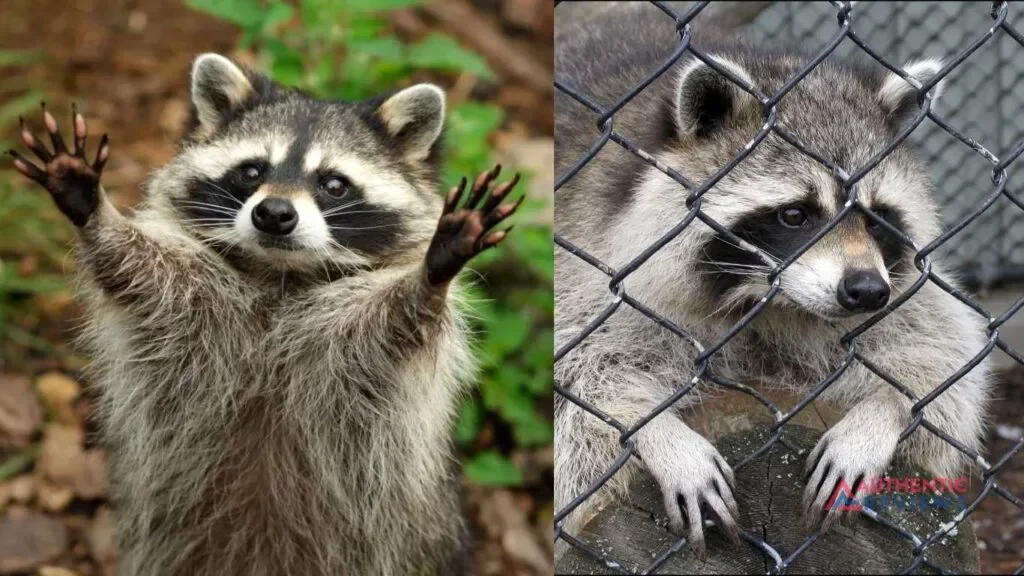
1.Sealing the Entry Points
The first step in getting rid of raccoons is to identify and seal any entry points they may have used to get into your garage. Raccoons are excellent climbers and can squeeze through surprisingly small openings such as holes, cracks, vents, or even open doors. Check around the perimeter of your garage and patch up any openings with steel mesh, hardware cloth, or other materials.
2.Snares
Utilizing snares is a reliable way to keep raccoons away, as they exploit the creature’s natural behaviors and activities. Constructing nooses out of looped wire around objects like trees or branches can either strangle the animal or hold them in place until the trapper releases it.
3.Repellents & Excluders
Repellents and excluders are two methods used to keep raccoons from entering the premises. Excluders use physical barriers to block the animals from entryways. At the same time, repellents involve sound waves, bright lights, and odors that disrupt a raccoon’s natural behavior when they’re near. Both are reliable solutions to ensure critters don’t make their home on your property.
4.Professional Services
If all else fails, you should consult with a professional wildlife removal service specializing in evicting raccoons from homes and businesses. They have the training and experience to tell you how to get a raccoon out of your garage.
This method may be a bit pricey, but it’s the most effective and reliable way to remove raccoons from your property.
What Attracts Raccoons To Your Garage?
Have you ever wondered what draws raccoons into the garage? If raccoons have been frequenting your garage more than desired, it’s likely due to the availability of food sources or welcoming shelters. To stave off intruders in the future, you must answer this question to take precautionary steps now and avoid a much larger issue later.
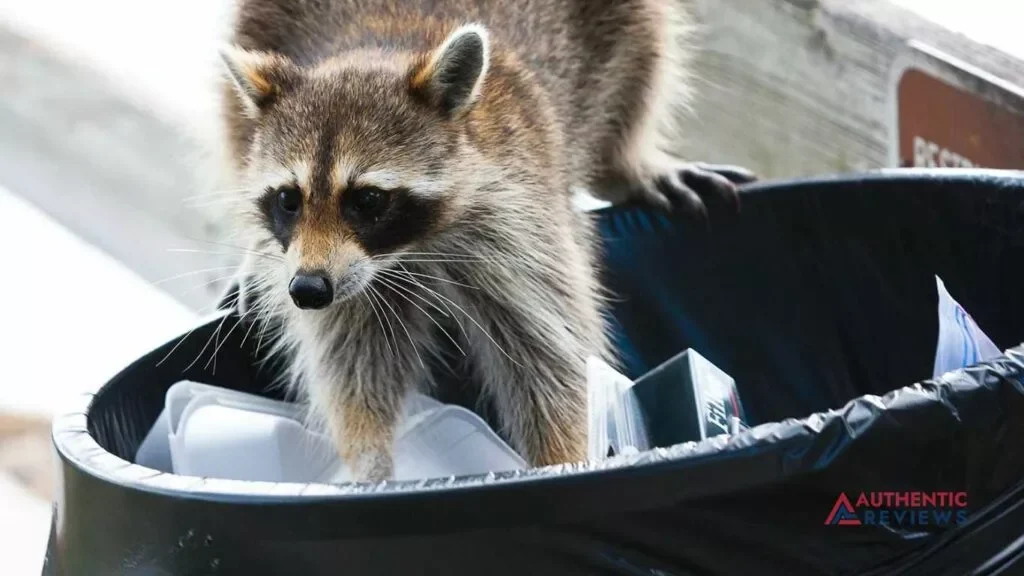
1. Food Sources
Raccoons are scavengers and may naturally gravitate toward a garage if they think food is present. Garbage cans, pet food bowls, and bird feeders can provide sustenance sources that attract raccoons.
2. Shelter
A garage is an ideal refuge for animals seeking safety and shelter from predators. The warmth, dryness, and seclusion create a cozy respite for raccoons to rest or raise their young ones undisturbed.
3. Attic Access Points
Raccoons are extremely agile creatures, and your garage could provide them with easy access to the attic. This allows raccoons to hide out in the attic without entering your home, which is why they may be attracted to garages with open or broken doors.
4. Easy Accessibility
By leaving a door or window open, your garage offers an inviting opportunity for raccoons to explore the inside. This allows them access with little effort compared to if it was completely blocked off.
5. Dens
If your garage has gaps or other crevices between walls, it can be an ideal nesting spot for raccoons. Whether they decide to stay temporarily or set up camp permanently depends on the area’s existing conditions.
6. Unused Spaces
Garages not used frequently become prime targets for animal intrusion since the absence of people or pets creates a lack of deterrence. Animals will be less likely to enter areas they know are often occupied by humans.
7. Decaying Items
Raccoons take a keen interest in decaying wooden items, like old furniture or other junk stored in garages. The nooks and crannies of the material offer raccoons the perfect opportunity to easily hunt for prey while offering them extra protection if an unexpected danger approaches.
We considered why they had chosen this place as their residence. Now we will dive into the methods to prevent the raccoons from reentering our garages.
7 Effective Tips for Preventing Future Raccoon Visits
The best way to keep raccoons away is by preventing them from entering your garage in the first place. Here are some tips about how to keep raccoons away from getting into your garage:

Be Proactive
Raccoons can be crafty and resourceful, so it’s important to stay vigilant. Inspect your property for potential entry points, such as holes in the walls or gaps in the eaves. Seal up these openings with materials like metal sheeting or hardware cloth.
Remove Food Sources
Raccoons are scavengers and will search for food in your garbage cans, garden, or even pet food dishes. Store any food sources in airtight containers or secure garbage bins to keep them away. Don’t leave pet food out overnight, and make sure to clean up any leftovers in your garden.
One of the best ways to keep them away is by providing secure metal garbage cans with tight-fitting lids. If you have bird feeders in your yard, bring them in at night or switch to squirrel-proof feeders designed to keep raccoons out.
Deterrents for Raccoons
Raccoons can be discouraged by using visual, audio, olfactory, and physical deterrents. Here are some of the most common deterrents:
Visual Deterrents
Motion-activated floodlights or sprinklers can scare away raccoons and discourage them from entering your garage. You could also use a fake owl or other creatures that are natural predators of raccoons. One of the best visual deterrents is to set up an inflatable stone figure or a plastic coyote.
Audio Deterrents
Raccoons are scared of loud noises, so you can set up audio deterrents to frighten them away. Examples include high-pitched alarms, recordings of predator calls such as coyotes and owls, or even a radio tuned to a talk station. Human voices are particularly effective, so you could even play recorded conversations. The best thing about these deterrents is that they can be set up to run on an automated timer.
Olfactory Deterrents
Raccoons have an incredible sense of smell and can be repelled by strong odors. There are various scent-based repellents on the market that you can use to keep raccoons away from your property. Examples include predator urine, garlic juice, peppermint oil, and other commercial products. These are non-toxic and safe for humans, but they may not always be effective in discouraging raccoons.
Physical Barriers
Physical barriers around your property can help prevent raccoons from entering your garage. The most common option is to install mesh fencing or chicken wire around the perimeter of your home. This will make it difficult for raccoons to climb over and get into your garage, but you may also need to use other deterrents.
Use Repellents and Scents
There are a few repellent sprays and gels to keep raccoons away. These products contain strong smells that mimic the scent of predators and will deter raccoons from entering your property. You can also use mothballs or ammonia-soaked rags to keep the critters out of your garage.
Frequently Asked Questions
It is important to remain calm if you encounter a raccoon at night. Do not approach the animal, as it can become aggressive. Make loud noises, such as banging pots or pans together or using an air horn, to scare the raccoon away. You can also shine a bright light in their direction and keep your distance.
Yes, vinegar is an effective way to repel raccoons. You can make a deterrent spray by mixing equal water and white vinegar in a spray bottle. Spray the solution around your property perimeter, near points of entry such as windows and doors, and in any places where you think the raccoon may have been.
Raccoons are intelligent animals and can be persistent in finding food, shelter, and safety. If the raccoon can find all of these things in your garage, they may not be inclined to leave on their own. If a raccoon has taken up residence in your garage, you should immediately remove them.
Raccoons are naturally wary of humans and other potential predators, so one way to scare them off is to make loud noises or create a sudden, unexpected disturbance. Bang on the walls or ceiling with a broom handle, blow an air horn, or bang pots and pans together. Motion-activated lights or sprinklers can also be effective in deterring raccoons.
Conclusion
Finding the raccoon and get rid of raccoons in your garage is no easy feat, but with some creative problem-solving, you can do so without any potential harm to you or the raccoon.
Taking a humane and creative approach will ensure that everyone wins, and in hindsight, this experience might offer a learning opportunity and a connection to nature. Be sure that after releasing the raccoon, you retake steps to prevent them or other animals from entering your garage again in the future.
By taking these considerations and preventive measures, you can be sure that your garage, like our country, will remain united.


